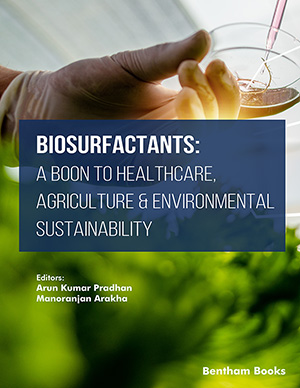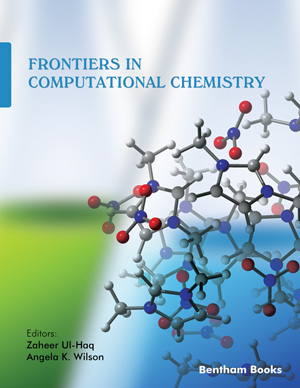Abstract
Background: Due to its systemic toxicity, traditional chemotherapy of tumors is being taken into consideration. Herbal therapy, containing phytochemical polyphenol derivatives such as Curcumin (Cur), Ginger (Gin), Cloves (Clov) and Amygdaline (Amyg), is one of the numerous complementary and alternative approaches as an anti-cancer therapy and holds great promise for cancer chemo-prevention with fewer side effects.
Aim: The current study was designated to assess anti-tumoral immunity and anti-cancer and chemo-preventive effectiveness of herbal extracts of Cur, Ginger, Clov and Amyg in Ehrlich Ascites Carcinoma (EAC)-challenging mice. Methods: Chemo-preventive efficacy of herbal extracts of Cur, Gin, Clov and Amyg were analyzed in vivo by examination of the apoptosis rate of EAC tumor cells by flow cytometry. The total numbers of EAC cells, splenocytes counts and leucocytes count with their differentials relative % in peripheral blood (PB) of EACchallenging mice were investigated.
Results: EAC-challenging mice treated with herbal extracts of Cur, Gin, Clov and Amyg showed a marked decline in EAC tumor cell count and a noticeable increase in apoptosis rate of EAC tumor cells, a remarkable decrease in serum level of cancer antigen 125 (CA-125) with an obvious increase in the number of splenocytes comparing to that in EAC-challenging mice treated with PBS alone. Moreover, the data indicated an insignificant change in the total leucocytes count and their differentials relative % of eosinophil, neutrophils, monocytes and lymphocytes in EAC-challenging mice treated with Cur and Amyg, but these parameters were markedly increased in EAC-challenging mice injected with Gin and Clov compared to that in EAC-challenging mice treated with PBS alone.
Conclusion: To conclude, the herbal extracts of Cur, Gin, Clov and Amyg may have anti-tumoral immunity and anti-cancer potency and potential to reduce the resistance to cancer conventional chemotherapy and exert cancer chemo-protective approaches with low adverse effects. Further research is necessary to determine the regimen's toxicity on various tissues and organs and to connect the diagnostic and therapeutic approaches used in the regimen's biomedical use.
Keywords: Herbal extracts, chemo-prevention, anti-tumor immunity, apoptosis, cancer.




























